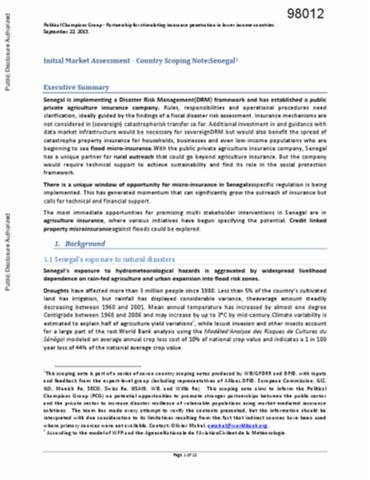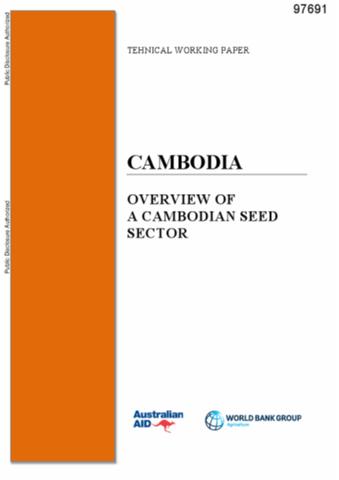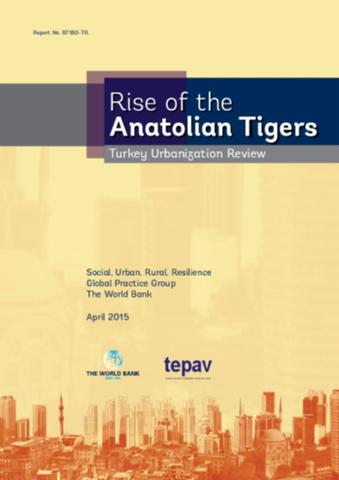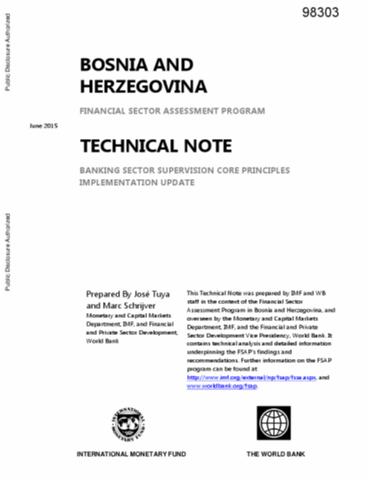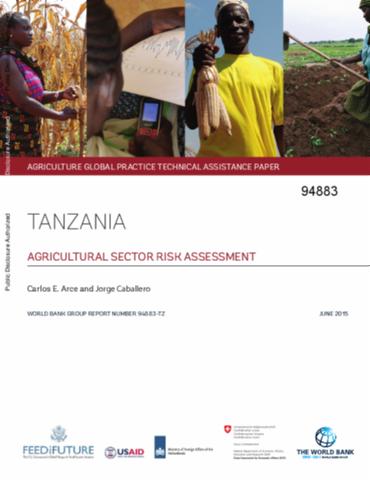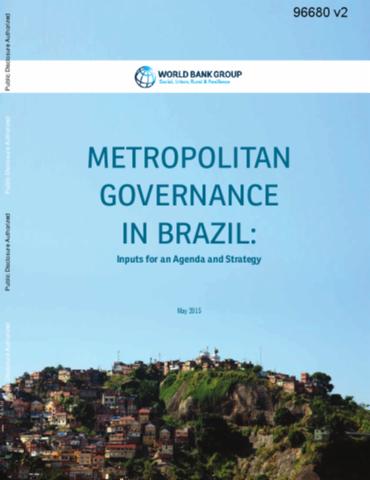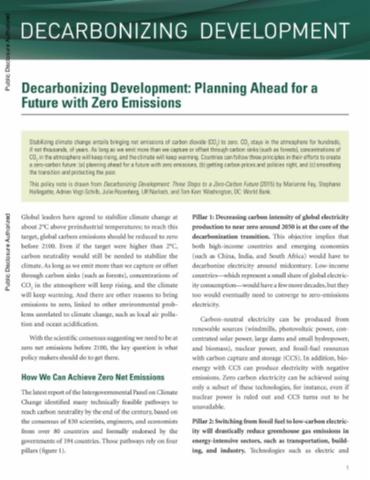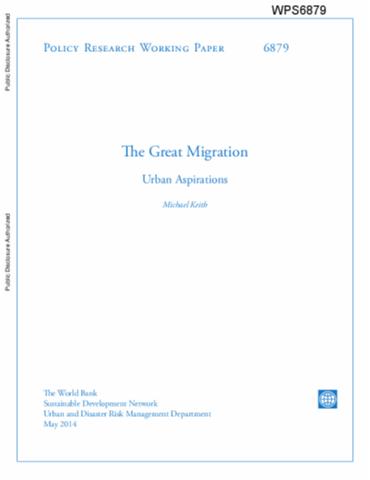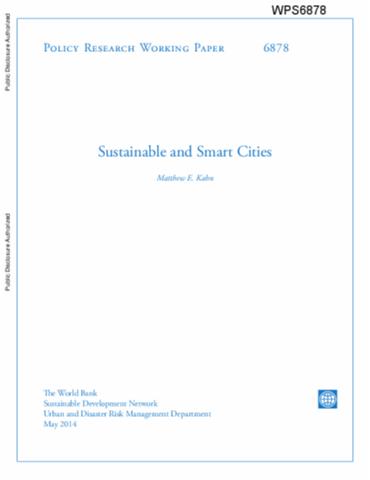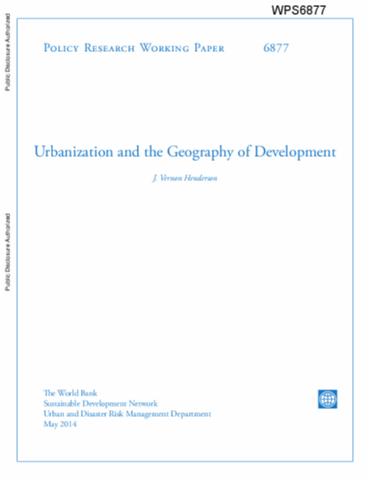
Topics and Regions
Details
Location
Contributions
Displaying 601 - 610 of 630Initial Market Assessment
Senegal is implementing a Disaster Risk Management (DRM) framework and has established a public private agriculture insurance company. Rules, responsibilities and operational procedures need clarification, ideally guided by the findings of a fiscal disaster risk assessment. Insurance mechanisms are not considered in (sovereign) catastrophe risk transfer so far.
Cambodia
The use of quality seed is a major component of increased yields in crop production. Quality seed and seed programs in a country does not emerge by happenstance; it is created by a combination of many factors that include variety development, seed production, quality control, processing, marketing, and governmental oversight. As the seed sector in a country matures, each of these factors becomes more important and plays a more important role in the growth of the agricultural sector. The seed program in Cambodia is interestingly different from that in many other developing countries.
Rise of the Anatolian Tigers
Turkey’s demographic and economic transformation has been one of the world’s most dramatic, with urban growth and economic growth proceeding hand in hand. Distinguishing Turkey from many other developing countries has been the pace, scale, and geographical diversity of its spatial and economic transformation. Fast-growing secondary cities bring added challenges that define Turkey’s second-generation urban agenda.
Bosnia and Herzegovina
This Technical Note was prepared by IMF and WB staff in the context of the Financial Sector Assessment Program in Bosnia and Herzegovina, and overseen by the Monetary and Capital Markets Department, IMF, and the Financial and Private Sector Development Vice Presidency, World Bank. It contains technical analysis and detailed information underpinning the FSAP’s findings and recommendations. A review of supervisory practices was conducted to assess progress towards implementation of the Basel Committee Core Principles for Effective Banking Supervision.
Tanzania
This study aims to achieve a better understanding of the agricultural risk and risk management situation in Tanzania with a view to identifying key solutions to reduce current gross domestic product (GDP) growth volatility. For the purpose of this assessment, risk is defined as the probability that an uncertain event will occur that can potentially produce losses to participants along the supply chain.
Metropolitan Governance in Brazil
In less than fifty years, Brazil evolved from a predominantly rural society and economy to a highly urbanized country in which 85 percent of its people now live in urban areas and more than 90 percent of the country’s GDP is generated in the cities. This rapid urbanization process was characterized by a lack of planning and an enduring framework of inequality, resulting in high degrees of concentrated poverty in the urban areas. Much of this urbanization has taken place in metropolitan regions (MRs).
Decarbonizing Development
Stabilizing climate change entails bringing net emissions of carbon dioxide (CO2) to zero. CO2 stays in the atmosphere for hundreds, if not thousands, of years. As long as we emit more than we capture or offset through carbon sinks (such as forests), concentrations of CO2 in the atmosphere will keep rising, and the climate will keep warming. Countries can follow three principles in their efforts to create a zero-carbon future: (a) planning ahead for a future with zero emissions, (b) getting carbon prices and policies right, and (c) smoothing the transition and protecting the poor.
The Great Migration : Urban Aspirations
The great 21st-century migration into cities will present both a great challenge for humanity and a significant opportunity for global economic growth. This paper describes the diverse patterns that define this metropolitan migration. It then lays out a framework for understanding the costs and benefits of new arrivals through migration's externalities and the challenges and policy tradeoffs that confront city stakeholders.
Sustainable and Smart Cities
This paper explores the challenges and opportunities that government officials face in designing coherent 'rules of the game' for achieving urban sustainability during times of growth. Sustainability is judged by three criteria. The first involves elements of day-to-day quality of life, such as having clean air and water and green space. The provision of these public goods has direct effects on the urban public's health and productivity. The second focuses on the city's greenhouse gas emissions.
Urbanization and the Geography of Development
This paper focuses on three interrelated questions on urbanization and the geography of development. First, although we herald cities with their industrial bases as "engines of growth," does industrialization in fact drive urbanization? While such relationships appear in the data, the process is not straightforward. Among developing countries, changes in income or industrialization correlate only weakly with changes in urbanization. This suggests that policy and institutional factors may also influence the urbanization process.

